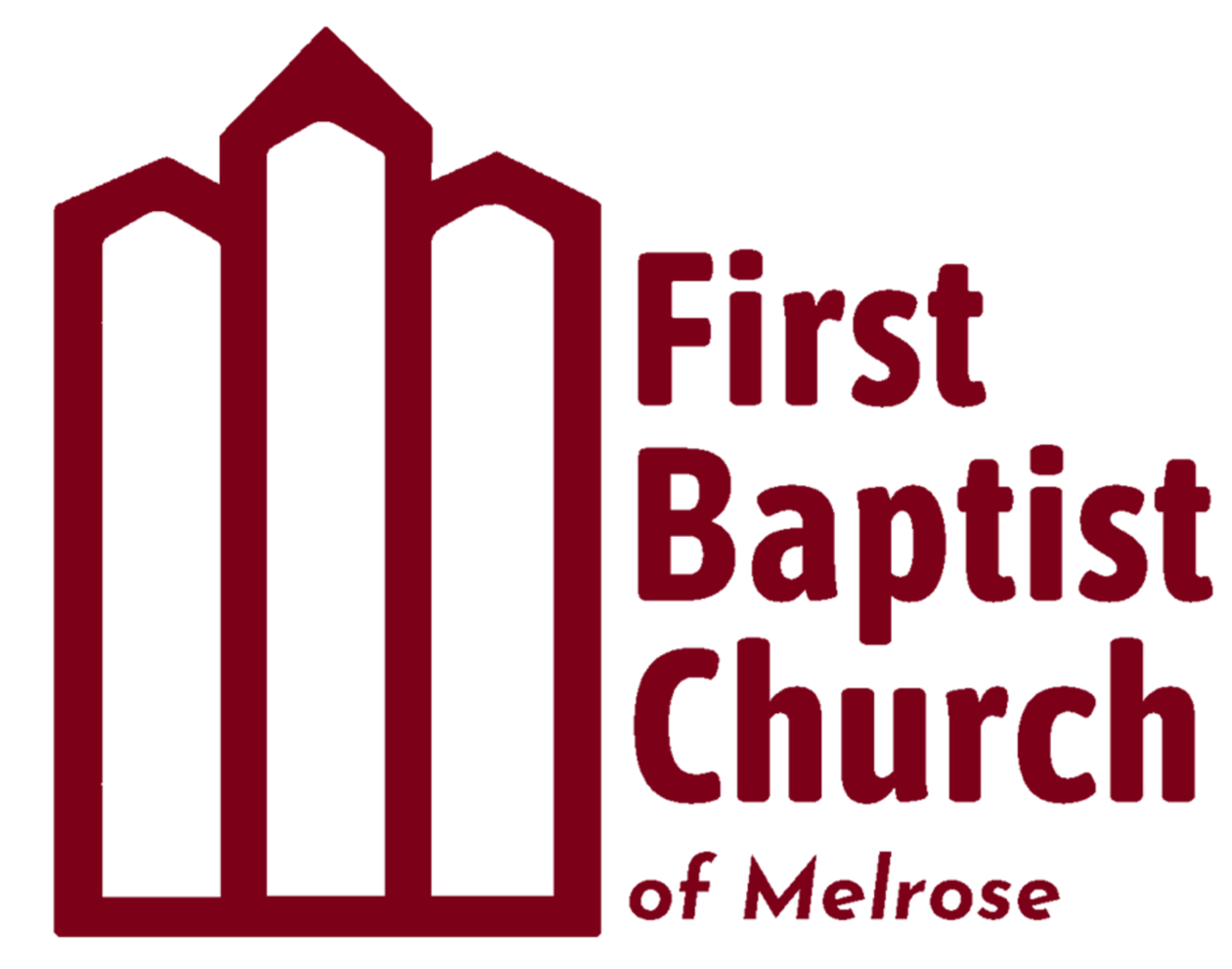Confronting Person Untruths
As a child, I was expected to keep my room tidy, which included making the bed. This task often required folding the blanket. My brother and I often worked together to fold our respective blankets. When no assistant was available, I spread the blanket on the floor and proceeded alone. I marveled at my mother; she could fold a blanket without help and do it while standing. She would grab the corners of the draping cloth, and like magic, a perfectly sculpted blanket appeared in her hands. In my child’s mind I reasoned, she can do that because she is so tall. In my teenage years, I continued to believe, I cannot fold a blanket like my mother. Finally, after being inches taller than my 5’ mother, I realized her ability was not connected to height. For years, I was disillusioned by the false narrative: I am not tall enough to fold a blanket by myself.
In the Book of Acts, Simon (called Peter) has matured into a significant leader in the church. Gently, by means of a vision, God confronts Peter about his belief in a false narrative. Peters sees a large sheet descending from the sky. Upon it were many kinds of unclean animals. Then a voice told him, “Get up, Peter. Kill and eat. (Acts 10.9) Peter objected, but then the voice spoke to him a second time, “Do not call anything impure that God has made clean” (Acts 10.11) The event happened three times, providing a divine affirmation to Peter’s experience.
While Peter was contemplating this unexpected event, three men sent by Corneilius – a Gentile Centurion who lives in Caesarea – arrive at his residence. The Spirit assures Peter, “Simon, three men are looking for you. So get up and go downstairs. Do not hesitate to go with them, for I have sent them” (Acts 10.19b-20). The three visitors request Peter accompany them back to Caesarea and meet with Cornelius. Peter arrives at his house and upon entering makes this declaration
“You are well aware that it is against our law for a Jew to associate with or visit a Gentile. But God has shown me that I should not call anyone impure or unclean. So when I was sent for, I came without raising any objection” (Acts 10.27b-28a).
Say what? Come again. Are we to infer that Simon Peter – the miracle-working, unequivocal leader of the early church – refused to associate with people simply because of their ethnicity? Did Simon, the man renamed ‘Rock’ (aka ‘Peter’) by Jesus, also refuse to eat with these Gentiles? Since Peter was a devoutly religious Jew, the answer is ‘yes.’ The Jewish religious practices of the day conflated their created rules with God’s prescribed rules (our Old Testament.) Peter, via his misguided devotion to God, believed a lie and adhered to this untruth. As the story unfolds, Peter recounts the story of Jesus. Then, the Holy Spirit comes upon Cornelius and other Gentiles – much to the astonishment of the ‘circumcised’ believers.’ Peter concludes, “Surely, no one can stand in the way of their being baptized with water. They have received the Holy Spirit just as we have” (Acts 10.47).
For us, do we, like Peter, believe untruths? Do we, like Peter, conflate our false ideas with God’s character? We all have the same response: “No, not me!” I expect fearless Peter who boldly preached Jesus to thousands thought the same: “No, not me!” Such untruths, though, resemble my blanket-folding escapade – our false belief is obviously amiss. And like the religiously devout Peter, we accept ‘God’s’ truths (really god’s truth) without requiring its biblical veracity.
The means for countering these deceptions is easy: we simple ask, “Does the Bible teach this idea?” For example, some Christians oppose paying taxes because they contend the government uses the funds for ‘ungodly purposes.’ But, what does the Bible teach? Clearly, scriptures show Jesus paying taxes (Matthew 17.24-27). So, pay your taxes. For us, as we consider this human propensity to cast our truth upon God, let us always proceed with caution. We do well to never stop asking ourselves the following two questions: (1) Is this my truth or God’s truth and (2) What does the Bible teach? While these questions are simple, they oftentimes require more courage than speaking to thousands.
